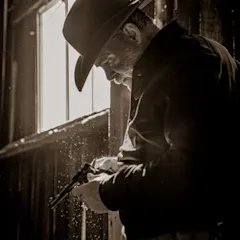We may earn revenue from the products available on this page and participate in affiliate programs. Learn more ›
If you had to choose between accuracy vs precision, which would to take? Well, if your goal is simply to hit what you’re currently shooting at, you’d take accuracy over precision. Fortunately, it doesn’t have to be a one-or-the-other proposition. While accuracy and precision are two different things—accuracy is all about hitting your mark, whereas precision is about placing bullets in the same spot repeatedly—they are very closely related, and every serious hunter and marksman wants have both precision and accuracy at the same time.

What Exactly Is Accuracy?
In shooting, accuracy represents the ability to hit a target. Target size does’t matter. The intrinsic capabilities of the gun and ammunition don’t matter. And it does not even matter if luck is involved. When it comes to accuracy vs precision, the former means hitting what you’re aiming at, no matter how you do it.
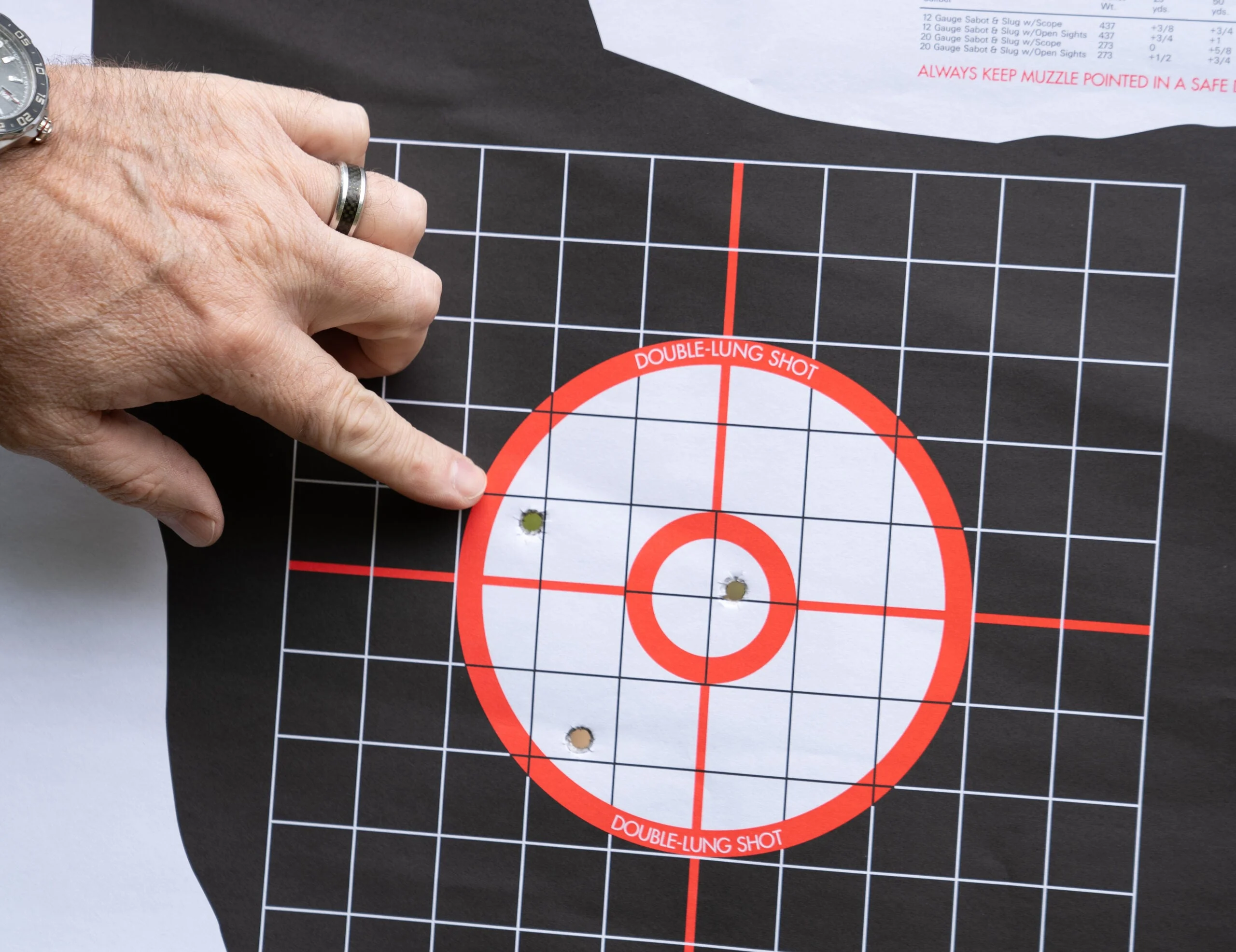
One of history’s most famous accurate shots was fired by an American revolutionary named Timothy Murphy with an American long rifle. As the account goes, Murphy was serving under Daniel Morgan at the Second Battle of Saratoga in 1777 when he climbed a tree, took aim, and shot British General Simon Fraser from his horse at a distance of about 300 yards—and, according to some historians, turned the tide of the Revolutionary War.
Another historically accurate shot was made by Billy Dixon at the Second Battle of Adobe Walls in 1874. Using a Sharp’s rifle, with Bat Masterson in witness, Dixon shot Comanche warrior Ton-han-kah off his horse at an astounding 1,500 yards. Both Dixon’s and Murphy’s shots were well outside the capable precision associated with the guns used, but they found their mark. So, they were accurate.
Related: The Most Accurate Rifles We've Ever Tested
What Exactly Is Precision?
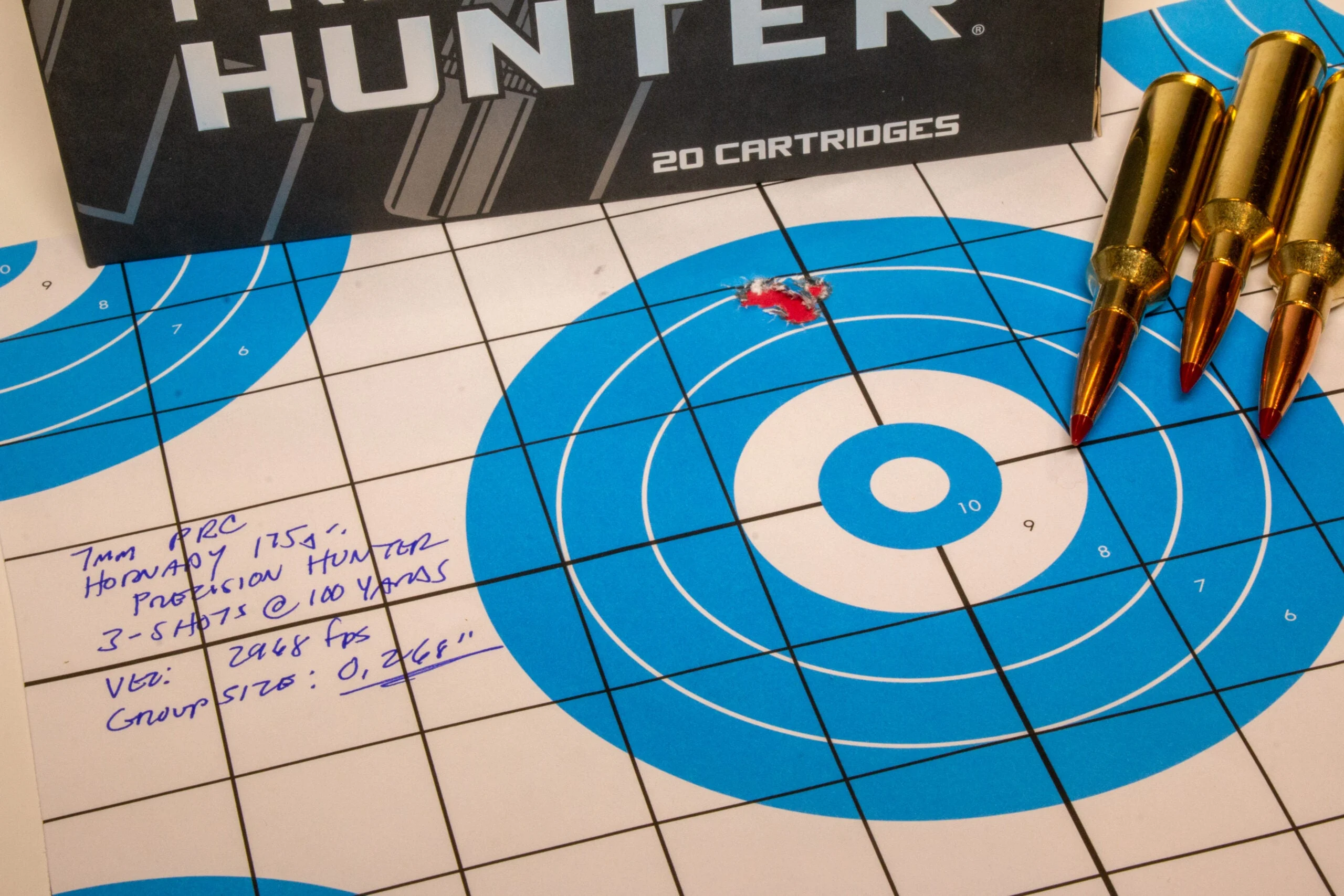
Precision reflects the ability to group or place consecutive shots in the same spot. When you’re testing a rifle-and-ammunition combo by firing three or five shot groups, you are testing for precision, not accuracy. Only when you adjust the rifle’s sights so that the point of aim and point of impact are the same are you establishing accuracy.
The Alvin York Memorial shoot is held every year at Pall Mall, Tennessee. At this shoot, muzzleloading rifles are fired over a chunk of wood at 60 yards with the goal of placing 10 shots as close together as possible, irrespective of the aiming point. A sighter target is used to establish point of impact, and then the target for score is placed with its center behind the point of impact. You cannot see the scoring target you’re shooting at; the rifles are aimed at the sighter target. This is perfect example of shooting for precision vs accuracy.
Precision Without Accuracy
Precision without accuracy is possible and usually the result of a gun that’s not been zeroed correctly. When I test guns for precision, I want to know how capable they are at placing consecutive shots very closely together. Because different loads will shoot to different points of impact, I don’t conduct an exact zero until I’m done with ammo testing. Almost 40 years ago, I took a muzzleloader I’d just built to a shooting match; it would put three shots into an inch at 50 yards. In the traditional muzzleloading world that’s good precision. However, I’d not had time to sight the rifle in. It shot about two inches low and several inches to the left; it was not very accurate. However, compensating for this inaccuracy by holding off the target I was able to win the match. I managed to shoot accurately, with a very precise-shooting, inaccurate rifle.
Accuracy without Precision
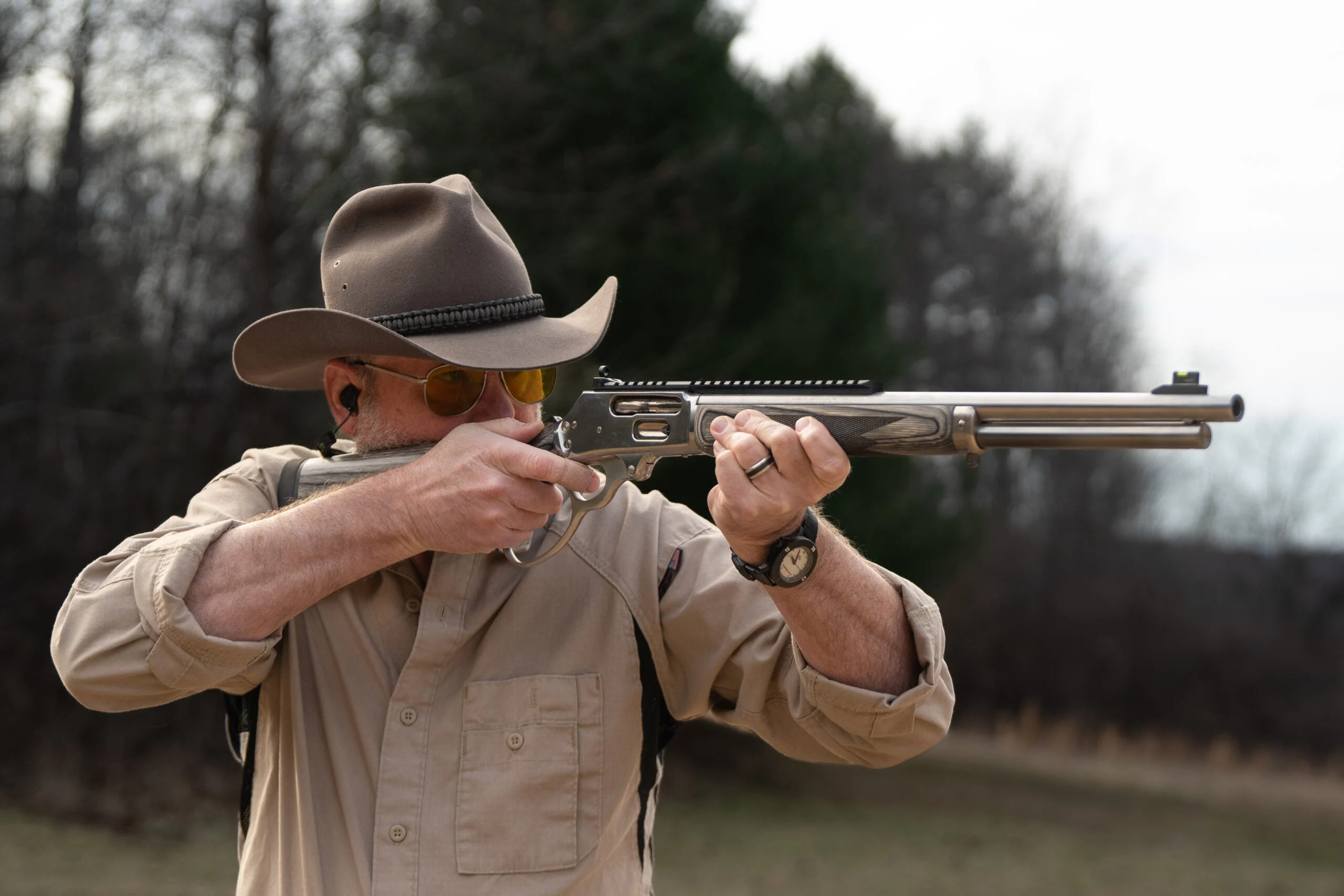
Conversely, it’s also possible to have accuracy without precision. This occurs when you hit what you’re shooting at with a gun/load combination that does not deliver precision. One summer evening I was out walking my dog when she took off after a skunk. I did not want her to catch the stinker while it was alive, so I pulled my Ruger Single Six in 32 H&R Magnum. I pressed the trigger and at about 75 yards the bullet smacked the running skunk in the head, killing it instantly. At that distance, about the best I could do with that revolver was basketball size groups. When it comes to accuracy vs precision, this example is not good precision, but my shot was accurate. It was lucky as hell, too.
Related: The Best Rifles of 2024, Tested and Reviewed
Accuracy and Precision
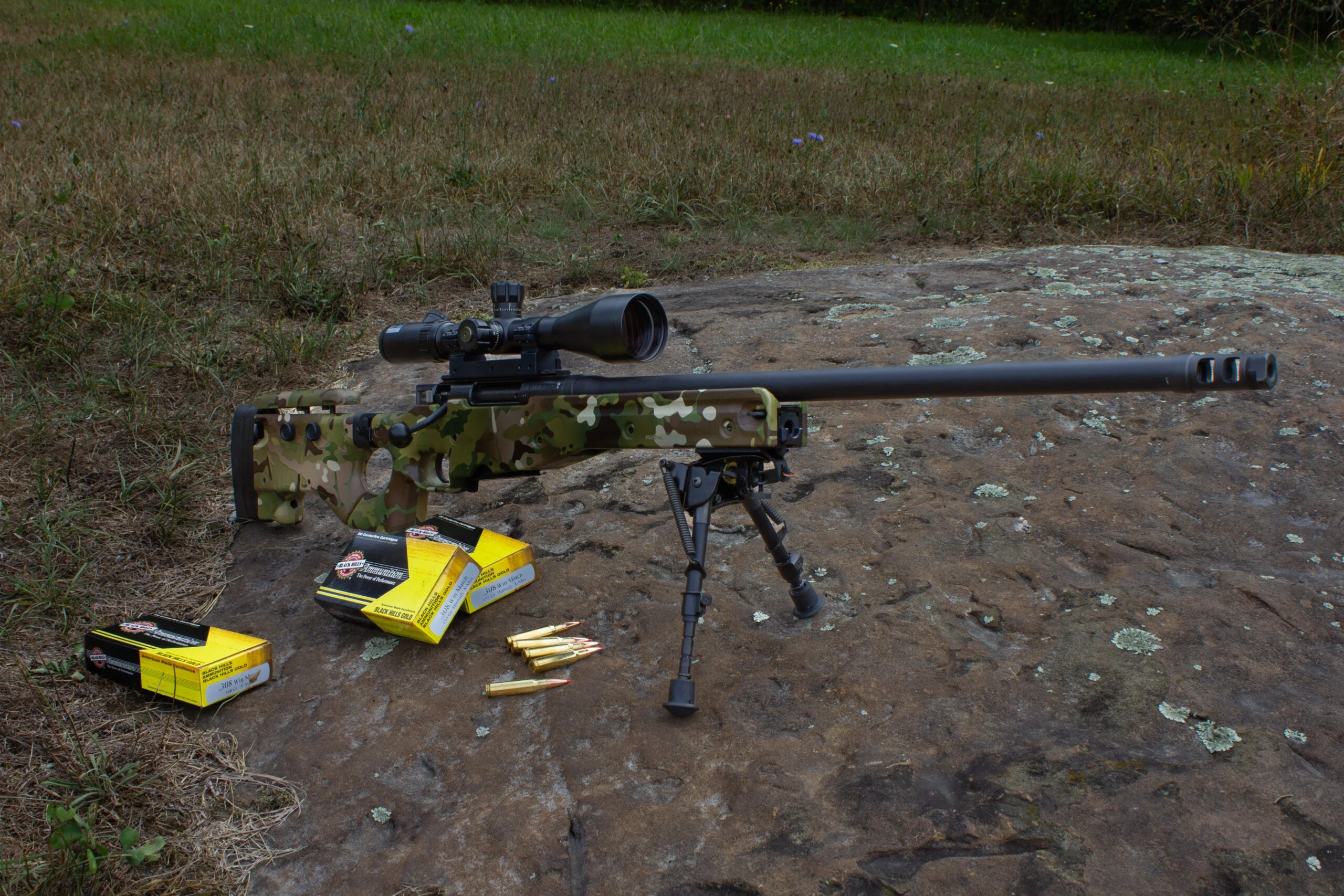
This is what we all want. A gun that will group its shots into little groups and that will poke a hole through the point we’re aiming at. If you have accuracy and precision, you have a good shooting gun that’s been zeroed or sighted-in correctly. Some years back, I was whitetail hunting in Nebraska with a wildcat cartridge I’d created by necking down the 6.5 Creedmoor to 0.25-caliber. In the custom Remington Model Seven rifle I had built for it, it would stack bullets on top of each other. A nice buck stepped out into the corn field at about 125 yards, and I put one through the top of his heart. The doe with him ran and did not stop until she was on the other side of 300 yards. I held slightly over her back, and she hit the dirt. Not only was this rifle precise and accurate, but I also aimed at the precise points to make two accurate shots.


